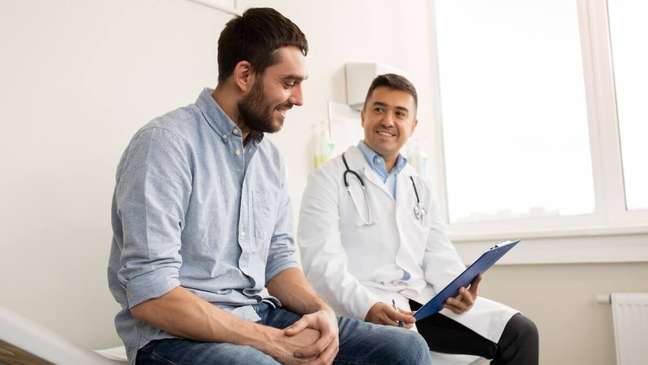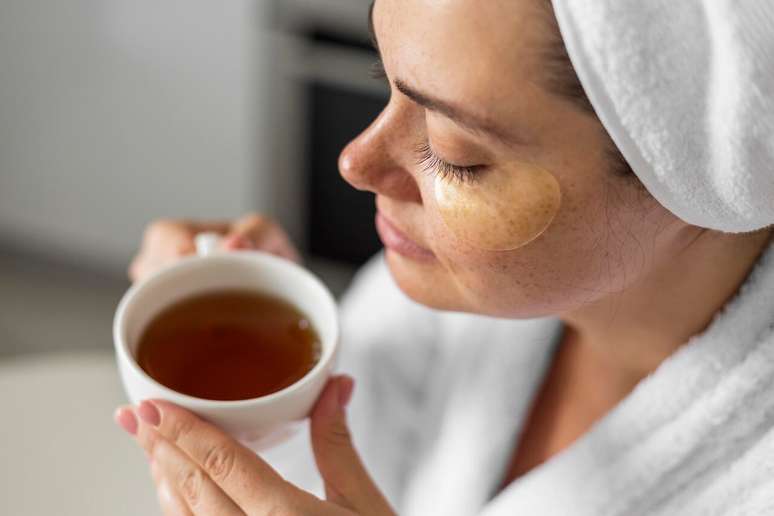Specialists warn of the importance of regular checkups, as tests can prevent and identify diseases

or verify it is a routine medical evaluation, associated with preventive examinations that can also identify silence disturbances. According to the Ministry of Health, many people spend years without going to the doctor and, therefore, leave marks that the body gives as an indication of more serious problems.
The coronavirus pandemic and the fear of contamination have motivated the low demand for controls in recent years. A survey conducted by Ticket, a food and food service company, found that 3 out of 10 Brazilians stopped undergoing medical examinations or visits after the pandemic began. About a third of respondents revealed that they had reduced preventive visits and 28% said they did not attend preventive exams.
Now, thanks to the safety guaranteed by vaccines, patients are updating their tests, as cardiologist Dr. Stefano Lanna says. “At the beginning of the pandemic, insecurity and fear of contamination made people avoid going to the emergency services, offices, laboratories and clinics as much as possible. To get treatment. But now, thankfully, they are returning”, celebrates the doctor.
Main control exams
As pointed out by the Ministry of Health, specific examinations based on age, sex and personal and family history are associated with the check-up visit. Generally, in a check-up the following should be evaluated:
- Blood: complete blood count and measurement of levels and fractions of total cholesterol, triglycerides, glycaemia, insulin, thyroid and liver hormones;
- Blood pressure measurement, weight control and Body Mass Index (BMI) calculation;
- Syphilis detection test, search for antibodies to HIV and hepatitis B and C viruses;
- Lung function (indicated for smokers);
- Prostate screening for men and Pap smears for women;
- Mammography for women;
- Urine analysis;
- Stool examination.
“A good clinical analysis is essential, with anamnesis (anamnesis) and a complete physical examination, trying to evaluate the patient as a whole. Cardiovascular disease,” comments Dr. Stephen.
Importance of prevention
Controls are also essential for the detection and prevention of multiple diseases, such as cancer. Medical evaluation is even more important for those with a family history of the disease. “These procedures are among those that we recommend precisely to reduce the incidence of tumors. That is for those patients who do not have the disease but know the importance of being alert”, explains the oncologist dr. Leandro Ramos.
The specialist reiterates that the main goal of oncology check-ups is to diagnose a premalignant (or even benign) lesion before it turns into cancer. “We often do checkups for patients without symptoms or complaints, but the disease is already there, imperceptible. This is the case with mammography, for example,” he explains.
The oncologist reminds that, from this type of early diagnosis, the path to treatment becomes faster and safer. “It is never too much to remember that the type of treatment at this stage is less tiring and with better results than late diagnoses,” he guarantees.
The cardiologist Dr. Estevão Lanna points out that, in addition to simply carrying out the exams, it is essential to evaluate the results and the actions to be taken with a specialist. “The treatment of risk factors, lifestyle changes, taking any medications that may be necessary and periodic re-evaluation are essential measures for those who want to keep their health updated,” he concludes.
Source: Terra
Benjamin Smith is a fashion journalist and author at Gossipify, known for his coverage of the latest fashion trends and industry insights. He writes about clothing, shoes, accessories, and runway shows, providing in-depth analysis and unique perspectives. He’s respected for his ability to spot emerging designers and trends, and for providing practical fashion advice to readers.







